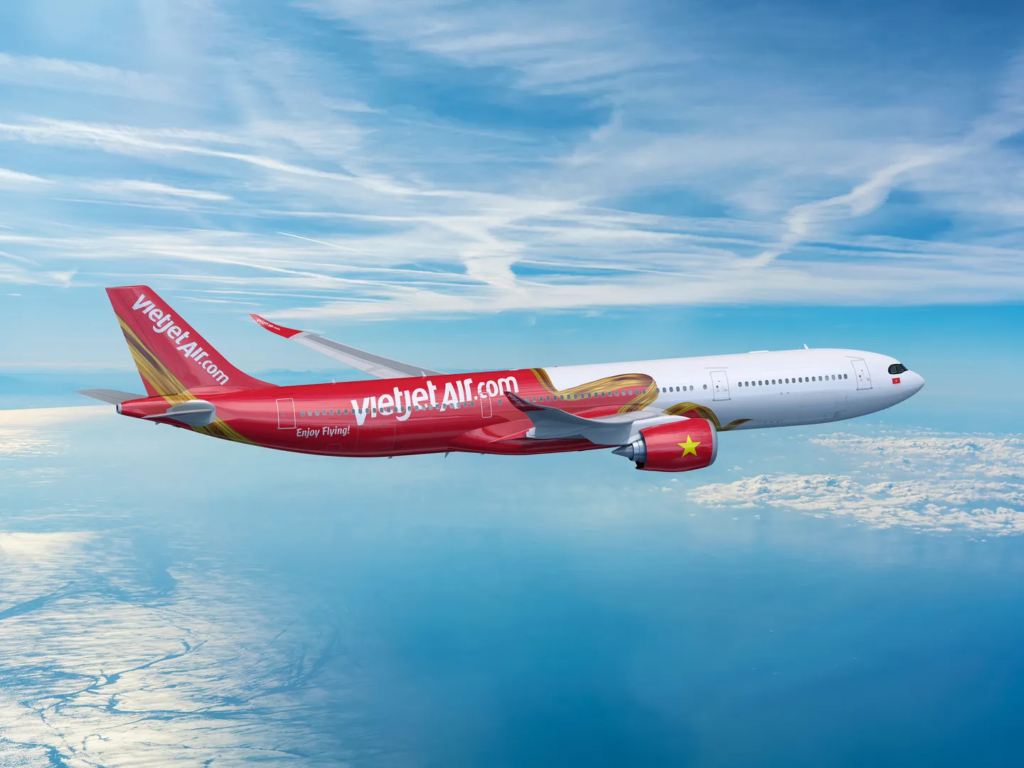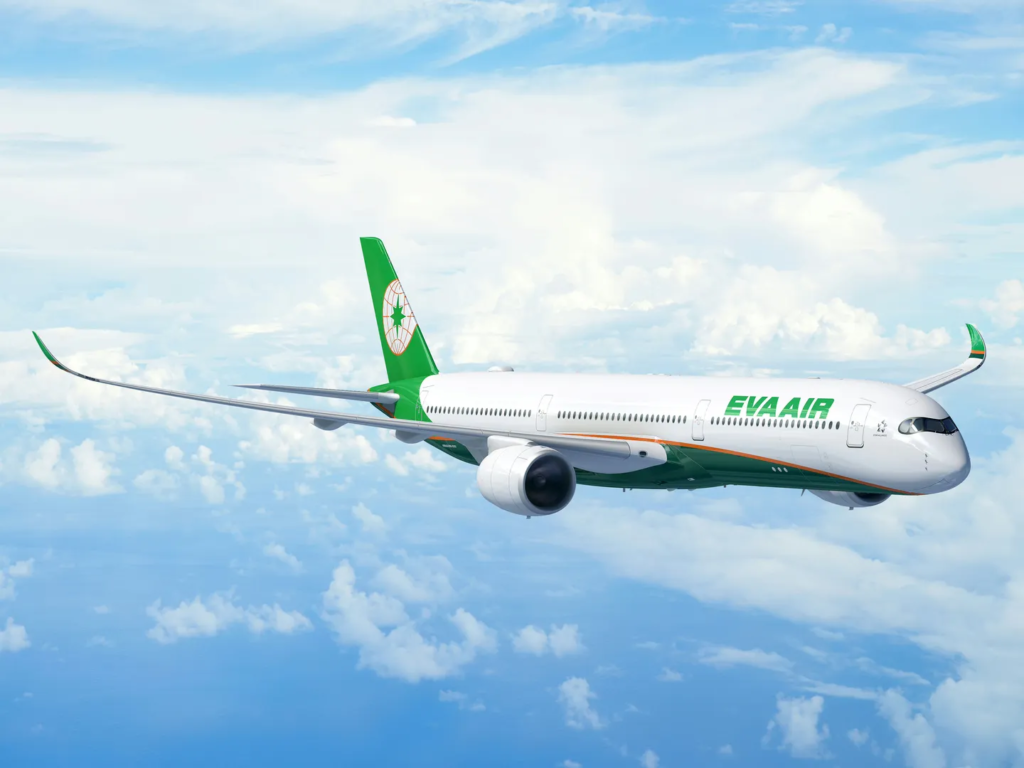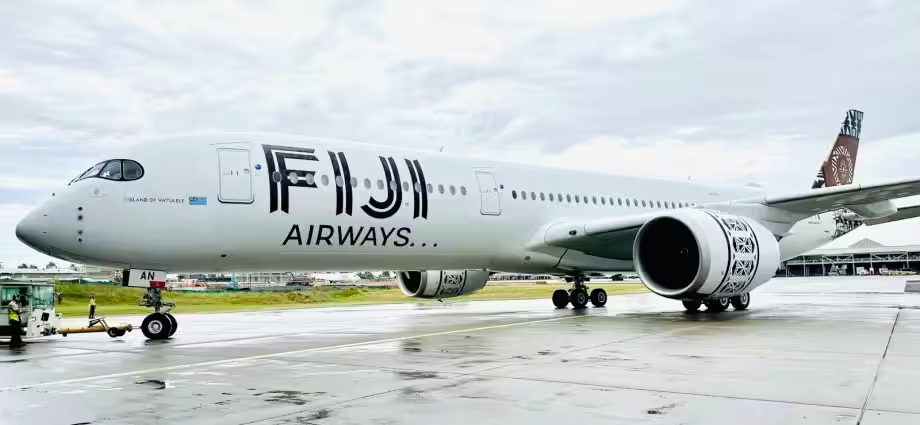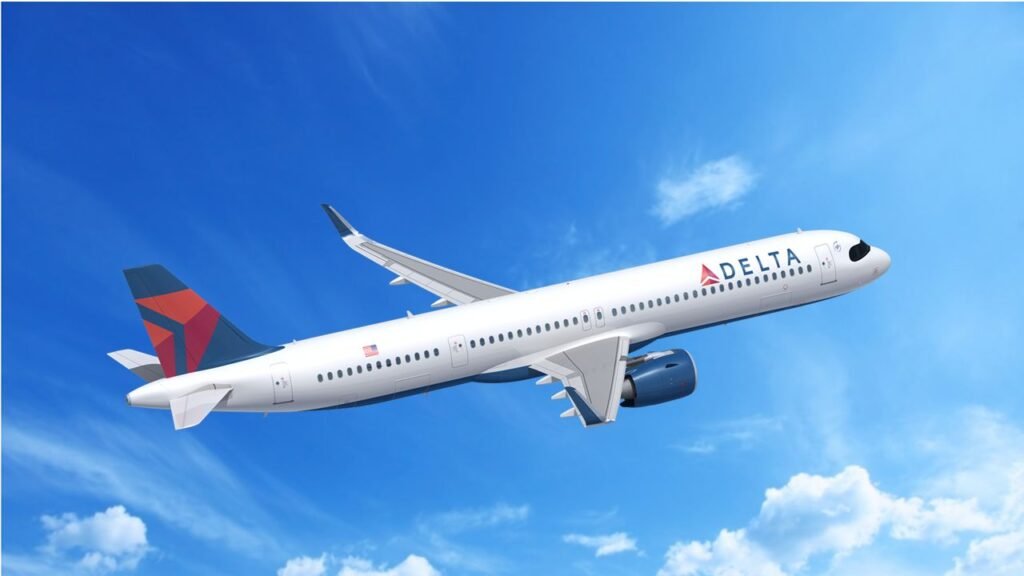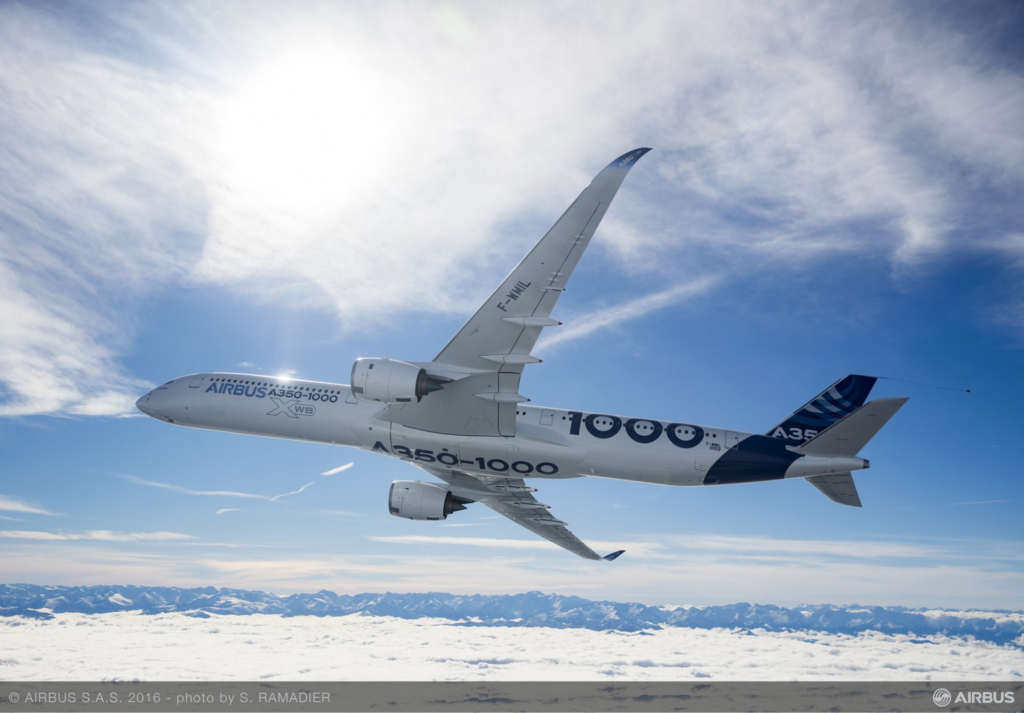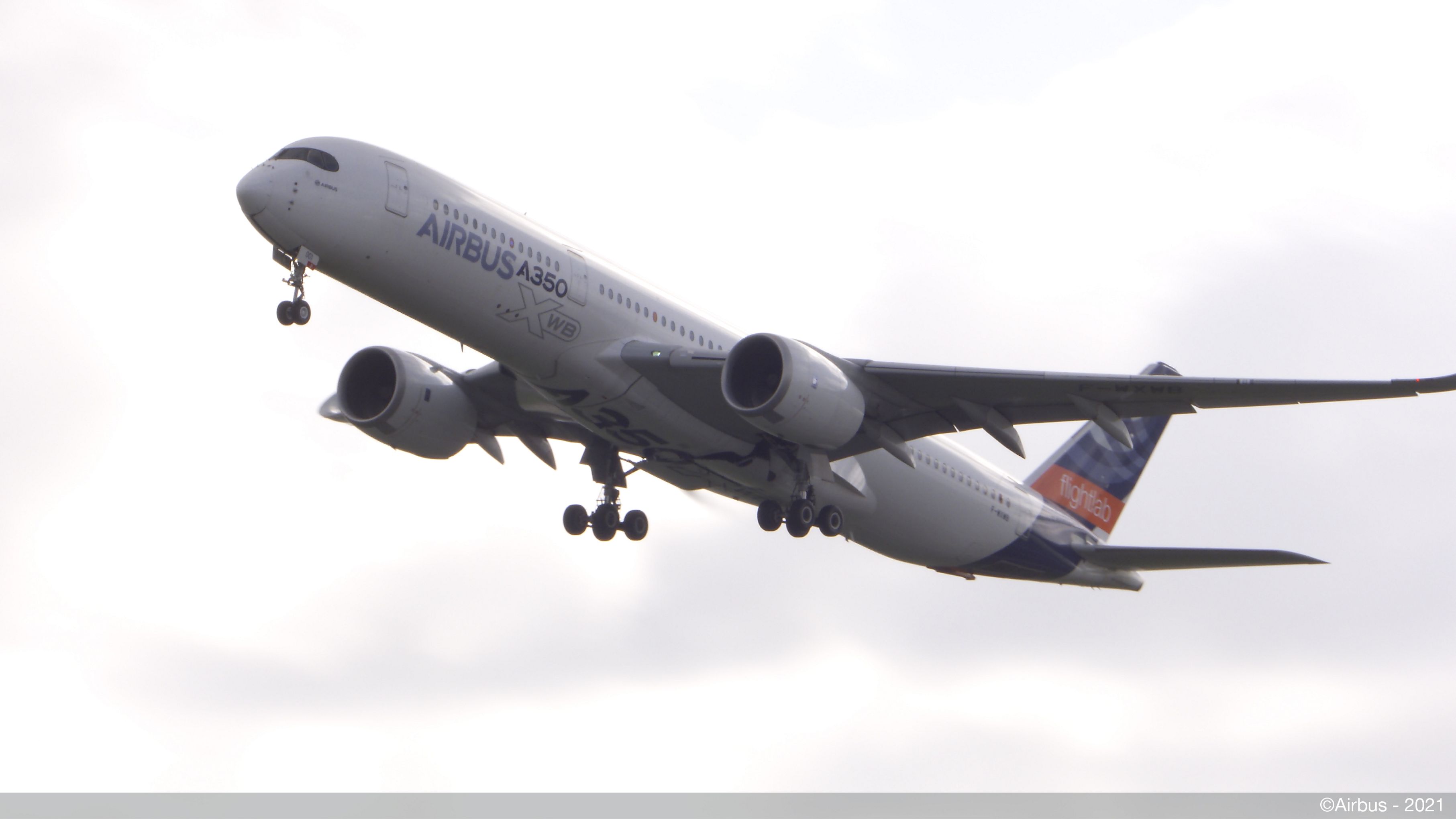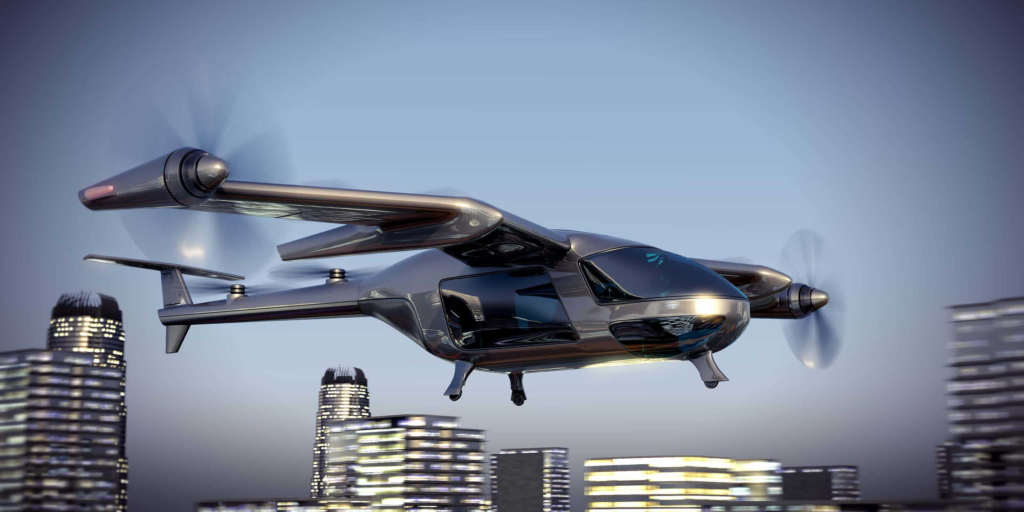Vietjet Air picks Rolls-Royce Trent 7000 engines for A330neo
Singapore Air Show, February, 2024 – Vietjet Air has signed a Memorandum of Understanding (MoU) with Airbus Group SE (Paris: AIR) for the purchase of 20 A330-900 widebodies. When the order is finalized, the aircraft…
